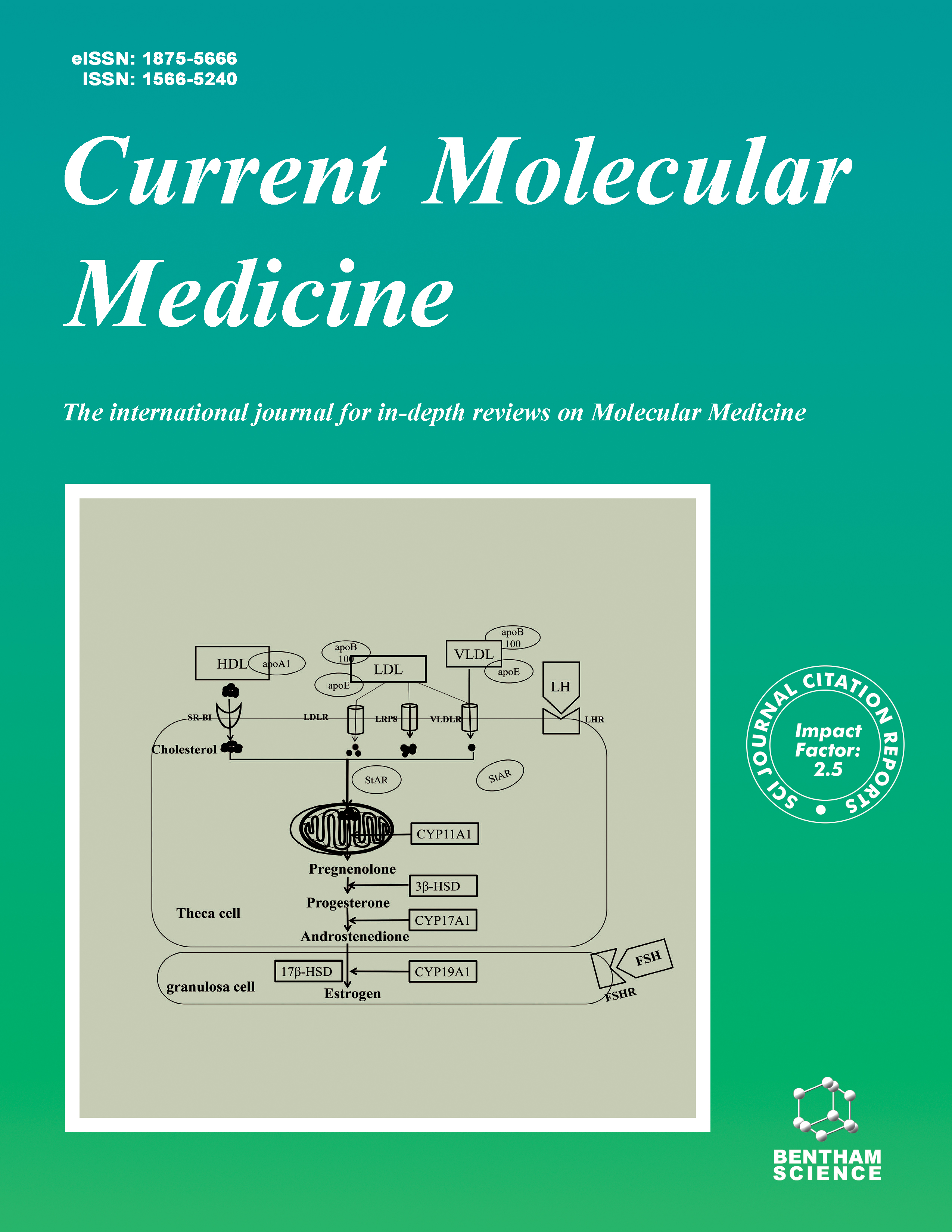
Full text loading...

Alternative splicing (AS) events significantly affect melanoma progression. Therefore, understanding their effect on prognosis is important for developing new treatments.
Univariate Cox regression analysis and LASSO regression were carried out to identify key AS events, build an AS risk model, and classify sample risk levels. Pearson correlation analysis was also performed to analyze the relationship between AS events and RNA-binding protein (RBP) genes or indicators of immune infiltration. Kyoto Encyclopedia of Genes and Genomes (KEGG) pathway enrichment analyses were performed using gene expression data from patients with varying risk levels. Univariate and multivariable Cox regression analyses were also carried out to examine the association between immune cell infiltration and prognosis.
A total of 41446 AS events were identified; among them, 446 AS events were identified as significantly associated with melanoma prognosis. An AS risk model for prognosis was established using seven key AS events. A close correlation was found between 137 AS events and 1013 RBP genes, suggesting that these genes may participate in the regulation of AS events. KEGG enrichment analysis revealed that the genes involved in AS were closely associated with immune system functions, which may explain why AS events affect the prognosis of melanoma. Finally, by combining the AS risk score and clinical indicators, we developed a nomogram model that could effectively predict melanoma prognosis.
This analysis of AS events and regulation may aid in developing novel prognostic biomarkers and therapeutic targets for melanoma.